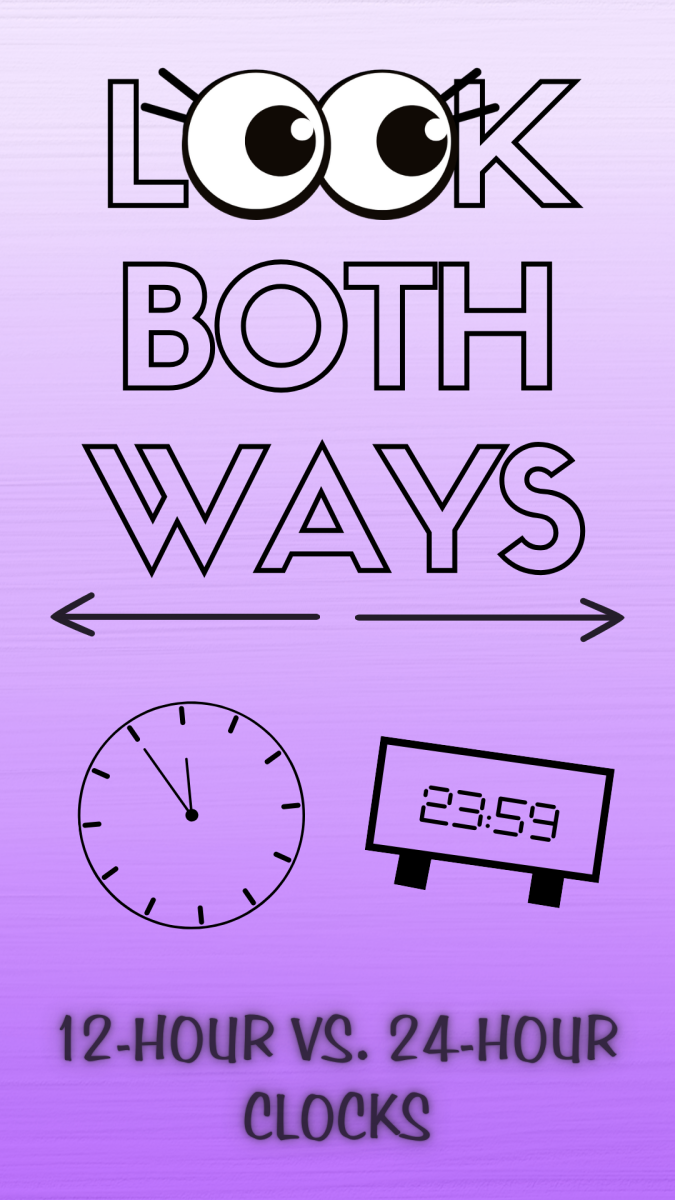The concept of imprisonment began with four main purposes, retribution, incapacitation, deterrence and rehabilitation. The American justice system seems to be having trouble including that last step in its process.
The state of Illinois has recently awarded funding toward the support of libraries in prisons throughout the state, this could be a step in the right direction toward finally perfecting the last step in our lacking prison system.
Alexi Giannoulias, Illinois Secretary of State and State Librarian, said in a press release that each of the 28 selected libraries will each receive $15,000 to go toward purchasing books, magazines, newspapers and other supplies.
This may seem like a giant cost for a handful of libraries, but it pales in comparison to the rest of the state’s prison spending.
As recently as 2015, organizations such as Vera have found that Illinois spends an estimated $1.5 billion a year on prison expenditures, including maintaining educational and recreational programs for inmates and the cost of infrastructure upkeep and security.
These excessively tall expenses could begin to wane if we target the looming problem in our criminal justice system — recidivism.
The National Institute of Injustice defines recidivism as a person relapsing into criminal behavior after they receive punishment, like time in prison.
In 2018, a study from the Illinois Sentencing Policy Advisory Council found that 43.2% of people released from an Illinois prison will be convicted another time and reincarcerated. A singular case of recidivism will cost the state an estimated $151,662 to hold the inmate.
The phenomenon of mass incarceration in the U.S. in the past 40 years has been accelerated as the 1971 War on Drugs moved the focus of our justice system away from rehabilitation and toward hard punishment.
Prisons often couldn’t keep up with the massive numbers of newly incarcerated Americans being admitted and their needs.
Many of these new offenders were thrown in for drug charges and were struggling with addiction and other mental health issues. The U.S Department of Justice estimates that between 15 and 20 percent of people currently in prison are suffering with mental illness.
Once these inmates serve their time they often are not prepared to exist in the outside world, programs that originally were implemented to prepare inmates to be released were scrapped in order to spend more to keep up with the sheer amount of prisoners.
When faced with these numbers, Willette Benford, Chicago’s director of re-entry, stated people returning from prison would often find themselves with no clue of how to start over, leading them to recidivism.
However, providing funds for resources such as libraries could be the chance to educate prisoners about how to become successful in the outside world.
Learning to develop occupational skills and an understanding of one’s own psychological problems will motivate people to stay out of trouble as they can provide for themselves instead of relying on the strict routines of life in prison.
Giving prisoners the right to educate themselves will not only save the state of Illinois money, but also save people from a life behind bars.














